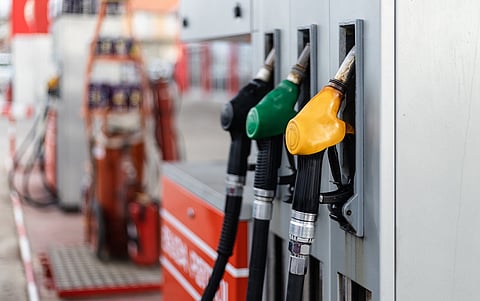

The Supreme Court on September 1 dismissed a Public Interest Litigation (PIL) challenging the Union government’s compulsory blending of ethanol with petrol and seeking availability of ethanol free alternatives.
The government’s E20 Blending Programme mandates sale of petrol blended with 20 per cent ethanol — a biofuel derived from feedstocks like sugarcane, rice, and maize — at all fuel stations, with an aim to cut greenhouse gas emissions, enhance energy security and reduce import dependency on crude oil.
However, in the last few weeks, several complaints have come to fore regarding lower fuel efficiency, especially in vehicles sold before 2023 which are not compliant with E20 fuel.
The PIL in the apex court sought directions to ensure the continued availability of petrol without blended ethanol and argued that the programme violated the fundamental rights of vehicle owners whose vehicles are incompatible with E20, as it leaves no option to purchase ethanol-free petrol (E0), as per a report by Live Law.
Appearing for the petitioner, Senior Advocate Shadan Farasat, referred to a 2021 NITI Ayog Report, which he said, expressed concerns about the impact on older vehicles which are not compliant with E20. He clarified that the petitioner was not against ethanol-blending but was only seeking an option of ethanol-free petrol for vehicles manufactured before 2023, which are not compatible with E20, Live Law reported.
Hearing the PIL on September 1, a bench of Chief Justice BR Gavai and Justice K Vinod Chandran dismissed the matter.
Attorney General for India R Venkataramani opposed the petition and said the petitioner was only a “name-lender” and that there was a huge lobby behind him.
He asserted that the government has framed the policy after considering all aspects and that the policy was benefiting India's sugarcane farmers, as per the Live Law report.